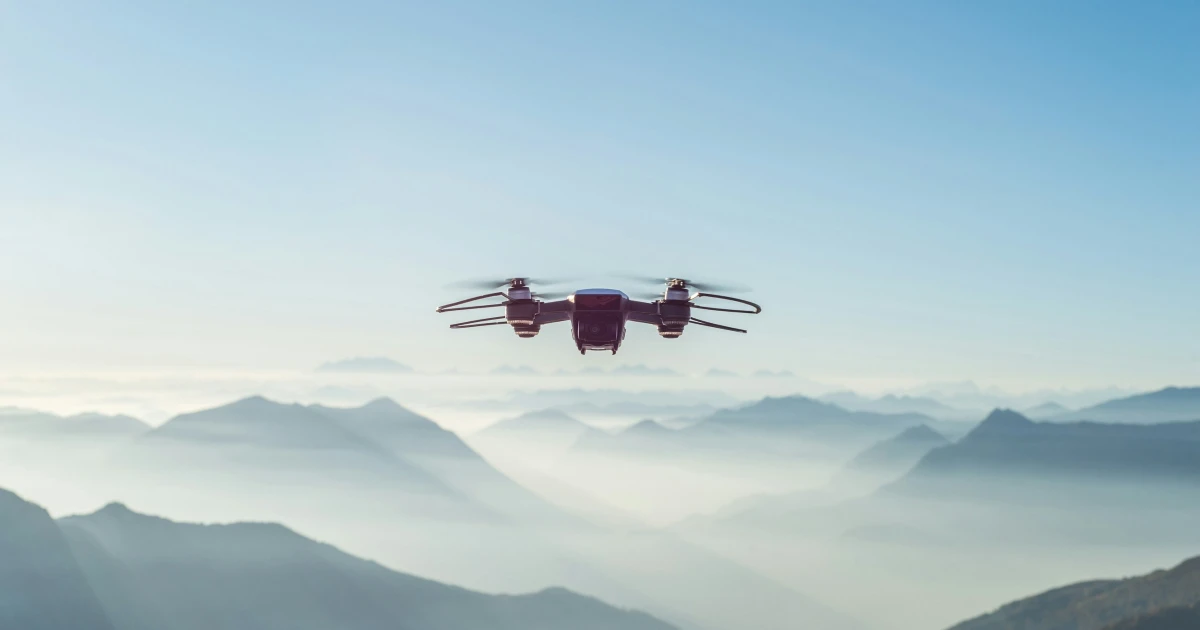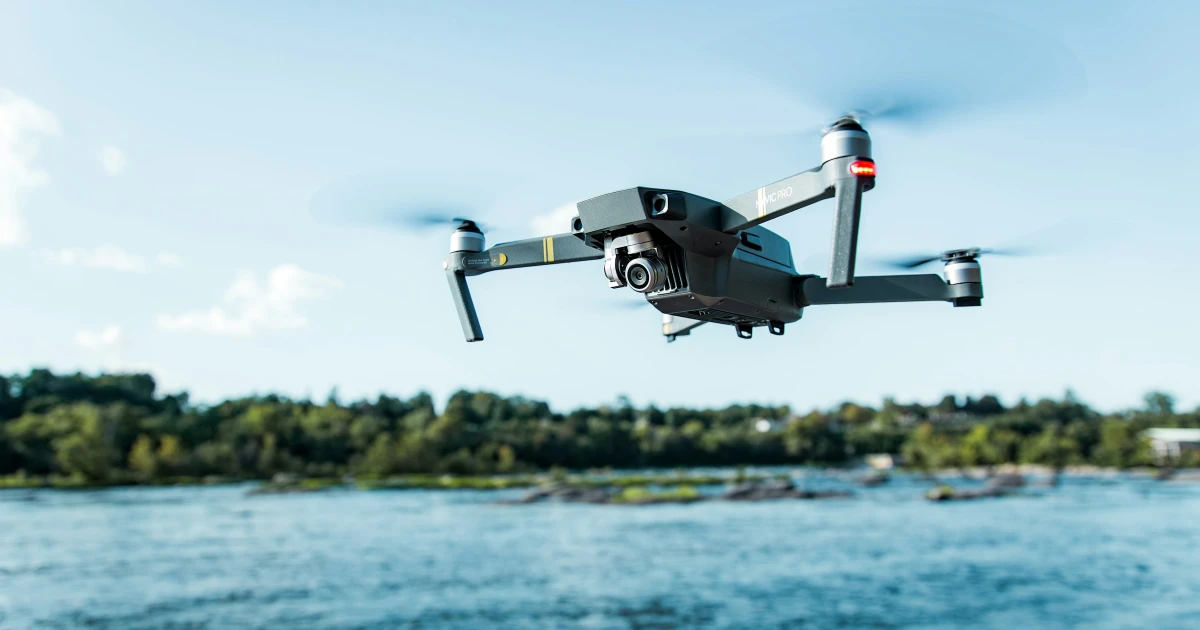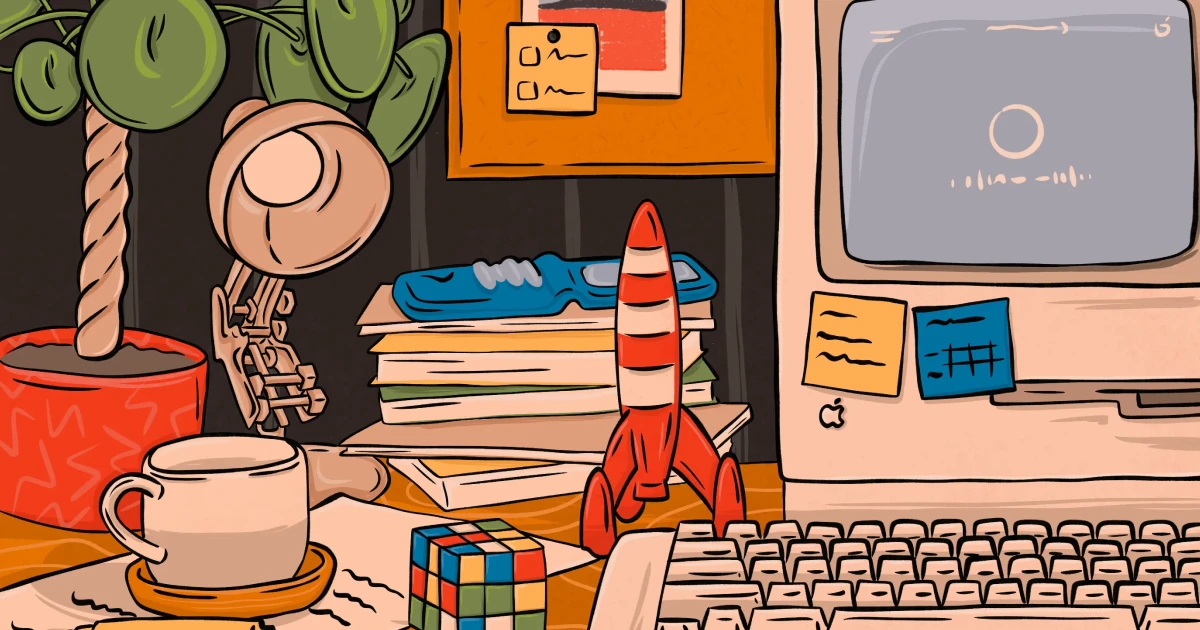There’s no doubt about it. Unlike traditional military operations, drones can hit targets with pinpoint accuracy, frequently using guided missiles. But how are innocent civilians drawing the short straw from this? That’s because drones are not perfect! They can still attack unexpected targets, including innocent bystanders. So many innocent civilians can be killed this way.
But the moral puzzlement that we can extract from this is whether the benefits of deploying drones to achieve military goals exceed the potential harm to innocent life. This is an ongoing debate, and time will show us what the political and military leaders will decide.
After all, this is is a military operation that is usually carried out in secret. The War on Terror reaped the most benefits from the use of drones. So what does it all mean? Well, because of this lack of transparency, it is impossible to hold someone responsible for the aftermath of the strikes. Even if you know the country that ordered the attack, it’s hard to believe a sanction that will truly matter in the long run. It also leads to a lack of transparency in the decision-making process, which leads to such strikes. This makes us wonder, is it legal and moral?
There’s a scene in the 2013 J.J Abrams film, “Star Trek: Into Darkness”, where Captain Kirk is faced with a moral dilemma. Should he fire a missile into enemy territory to kill a well-known terrorist? Or the better option is to send his soldiers there to do the work themselves. Sounds like something that military leaders are usually going through in terms of choices.
And this was a pretty prophetic scene - because almost 10 years later, Al-Qaeda leader Ayman al-Zawahiri was killed by a drone strike. Was Joe Biden facing the same moral dilemmas as Kirk? It would be interesting to find out. .
Drone usage also raises concerns about the dehumanization of warfare.
Military troops that carry out attacks from a remote locations with the help of drones can desensitize soldiers to the reality of the harm they do. It can also give the impression that war is a video game, rather than a real-life event with serious human implications. We would have loved for “dehumanization” to mean that humans are no longer needed for war. That is not the case (yet).
Drones have transformed military combat. Now policymakers and international leaders must create a framework for the ethical use of drones. Only then we will be able to see the benefits of drone technology, without inflicting considerable harm on people.

















